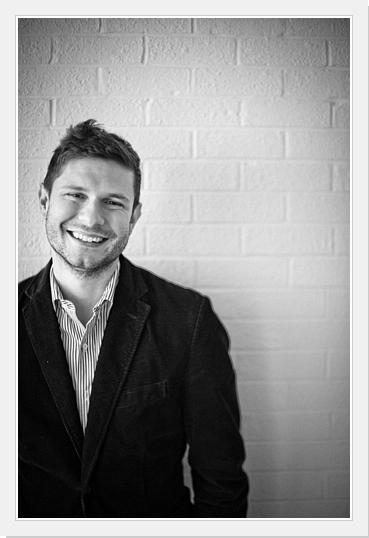Gerard Passannante

Professor of English and Comparative Literature, English
Classics
gpassann@umd.edu
2116c Tawes Hall
Get Directions
Research Expertise
Comparative Literature
Early Modern Studies
Literature and Science
Textual and Digital Studies
Education: B.A. Yale (2000); Ph.D. Princeton (2007). I am a scholar of Renaissance literature and intellectual history with an interest in how ideas travel, the histories of reason and emotion, and the function of images and metaphors as both vehicles and catalysts for thought. In my work I am especially interested in the ways early modern aesthetic and material histories might help us better understand our contemporary world—from experiences of social atomization and fragmentation to the environmental disasters brought upon and aggravated by climate change.
My first book, The Lucretian Renaissance: Philology and the Afterlife of Tradition (Chicago, 2011), follows the afterlife of the ancient scientific poet Lucretius from the fourteenth through and seventeenth century, showing how the physics of atoms and the void shaped the imaginations of a range of scholars, poets, scientists, and philosophers who were reimagining the idea of method, literary practice, and the transmission of knowledge. Long before the scientific revolution, I argue, atomism reemerged in the Renaissance as a story about reading and letters—a story that materialized in texts, in their physical composition, and in their scattering. This book was the winner of the Harry Levin Prize from the American Comparative Literature Association in 2013.
My second book, Catastrophizing: Materialism and the Making of Disaster (Chicago, 2019), traces the history of the mind’s turn to disaster in the early modern period, showing how a seemingly bad habit was a spur to some of the period’s most daring conceptual innovations. It also explores how the history of this style of thought can help us see our own propensity for thinking the worst in a new light: as a felt relationship to the invisible world of matter. My inquiry encompasses a wide range of materials—from the writings and drawings of Leonardo da Vinci to the commentaries of humanist readers, from the cheap print of sixteenth-century astrologers to the works of Shakespeare and John Donne, from Robert Hooke’s thinking on microscopes and earthquakes to the “before and after” images of the Lisbon earthquake and the writings of Immanuel Kant. This book was the winner of the 2020 book prize from the British Society for Literature and Science and was shortlisted for Phi Beta Kappa’s Christian Gauss Award for literary criticism.
I teach a wide range of classes—from large lectures on Shakespeare to smaller seminars such as “Leonardo, Montaigne, and Shakespeare” and “Earthquakes of the Mind: On the Disastrous Imagination.” With Josh Weiner, I have co-taught two graduate seminars on poiesis: “Mind Over Matter: Acts of Knowing and the Actions of Poetry,” and “Eco-poetics.” My work has been supported by the American Academy in Rome, the Folger Shakespeare Library, the National Humanities Center, the Bogliasco Foundation, the Civitella Ranieri Foundation, and the New York Public Library’s Cullman Center for Scholars and Writers. In 2019 I was awarded an ACLS fellowship and a John Simon Guggenheim Fellowship. I am currently at work on a study of religion and transhistorical identification.

